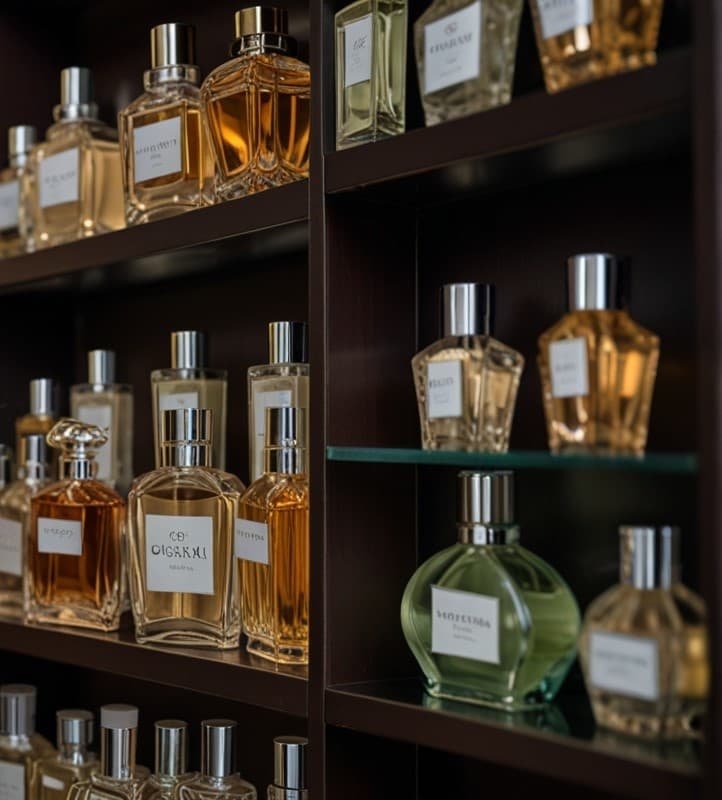article
Impact of Global Fragrance Trends on Sri Lankan Consumers
The global fragrance market is a dynamic and ever-evolving industry, influenced by cultural shifts, fashion trends, and consumer behavior. As the world becomes increasingly interconnected, global fragrance trends are making a significant impact on Sri Lankan consumers, shaping their preferences and consumption habits. This article explores how these trends are influencing the Sri Lankan market, the adaptation by local brands, and the broader implications for the industry in Sri Lanka.
The Influence of Global Trends
Global trends in fragrances often reflect broader societal changes and can vary from the rise of natural and organic perfumes to the preference for gender-neutral scents. These trends are communicated through international marketing campaigns, social media, and the global reach of celebrity endorsements, all of which have a profound impact on consumer preferences around the world, including in Sri Lanka.
1. Natural and Organic Fragrances
In recent years, there has been a significant shift towards natural and organic products across various sectors, including perfumery. This trend is driven by a growing consumer awareness of health and environmental issues. In Sri Lanka, this has translated into increased demand for fragrances that are free from synthetic chemicals and are derived from natural sources. Local brands are responding by highlighting local ingredients like Ceylon cinnamon, sandalwood, and various floral essences that are native to the island, appealing to both health-conscious consumers and those looking to support local industries.
2. Sustainability and Ethical Sourcing
Closely linked to the natural trend is the demand for sustainability and ethical sourcing in fragrances. Consumers globally, and increasingly in Sri Lanka, are interested in how products are made and the impact of their production on the environment and society. This has led to a preference for brands that use sustainable practices and ethically sourced materials. Sri Lankan perfume companies are capitalizing on this trend by adopting more sustainable practices, such as using eco-friendly packaging and supporting fair trade agreements.
3. Gender-Neutral Fragrances
Another significant trend is the rise of gender-neutral fragrances, which move away from traditional “male” and “female” scents to offer more inclusive options. This trend is reflective of a broader cultural shift towards gender fluidity and has been embraced by younger Sri Lankan consumers who are looking for modern and progressive products. Local brands are increasingly experimenting with unisex fragrances that appeal to a broader audience.
Adaptation by Local Brands
To stay relevant and competitive, Sri Lankan fragrance brands are not only adopting these global trends but are also finding ways to integrate them with local culture and preferences. This involves creating unique products that can stand out in both the local and international markets.
For instance, some local brands combine traditional Sri Lankan scents with modern fragrance technology to create products that are both globally appealing and distinctly Sri Lankan. This fusion not only caters to local consumers who are exposed to global trends but also appeals to international consumers looking for exotic and unique scents.
Marketing and Consumer Engagement
Marketing strategies have also evolved in response to these global influences. Sri Lankan brands are increasingly using digital marketing and social media to reach a wider audience, engage with consumers, and educate them about the unique aspects of their products. Influencer marketing and collaborations with well-known personalities are also becoming common strategies to leverage global trends and attract a younger demographic.
Challenges and Opportunities
While the impact of global fragrance trends presents numerous opportunities for growth and innovation, it also poses challenges. One of the main challenges is the need for constant adaptation and innovation to keep up with rapidly changing trends. Additionally, the small size of the Sri Lankan market compared to global markets can limit the scale and profitability of niche products.



